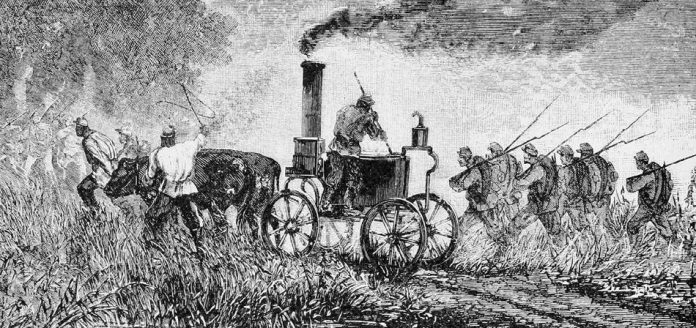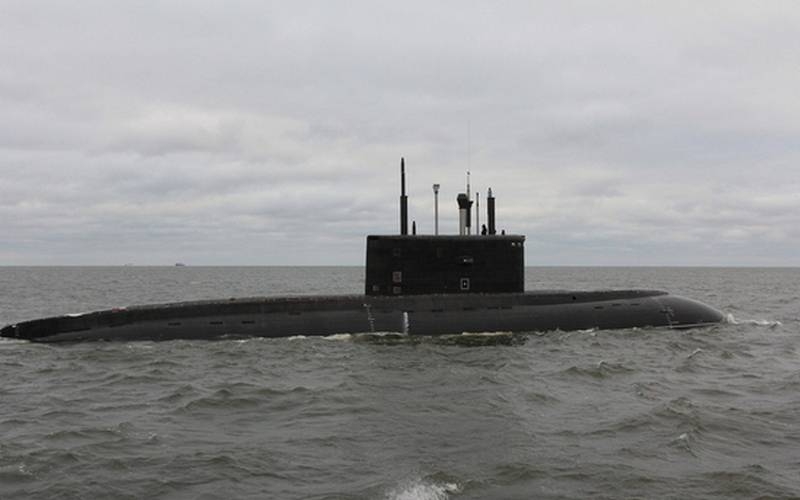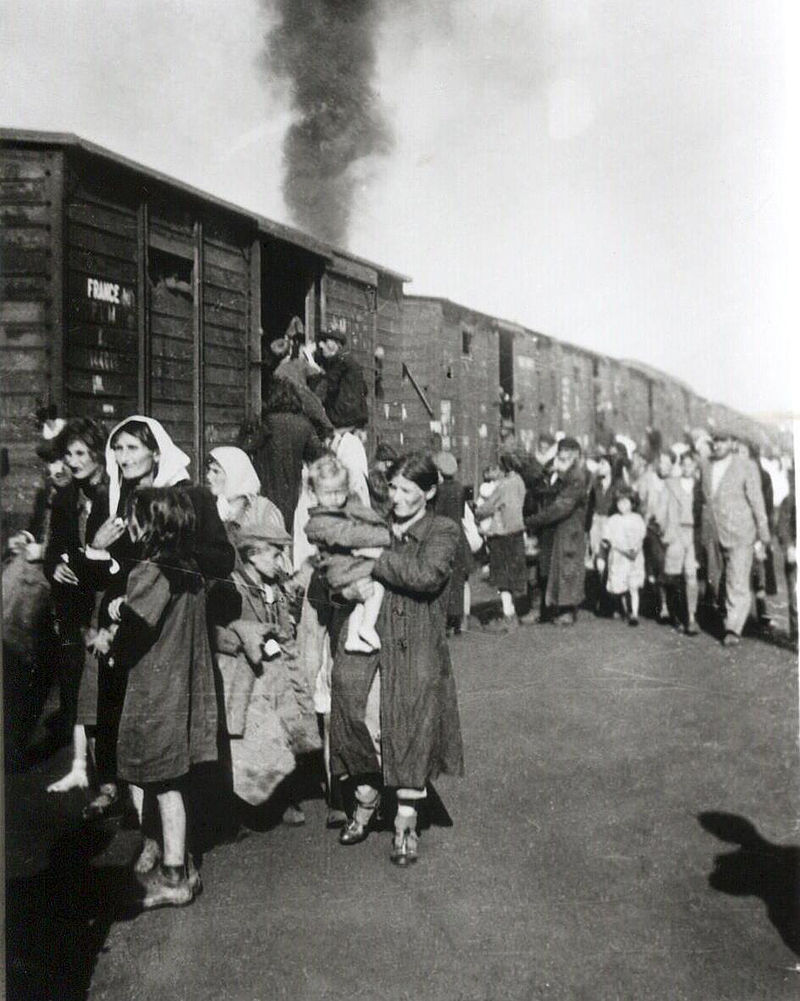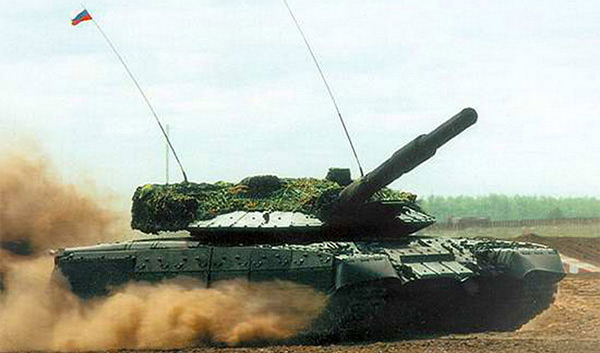
Let's talk (long and tasteful) of the holy, that there are in the army. Probably, everyone already knew, that we are talking about dinner. maybe, Many will disagree with us, especially generals cushion troops, not served a single day. Yes, can passionately and fiercely broadcast of duty, of honor, all other things. Yes, Banner, debt, honor, victorious history, it's all YES!
But wait somehow lunch.
Breakfast - you have not yet woken up, where the body is something flew, it is processed and all, already have to be carried, just perform all, due to debt. Dinner ... that Nu, I fell into the stomach or hake pollock, but the body again in anticipation mining muzzle interaction with cushion.
But dinner ... Lunch - is the quintessence of the Army Day. blessed 45 minute meal (not eat, not hawala, no - eating, as white (Well, nearly) human!) and at least another half an hour later, until digest commanders and fathers to arrange another dirty trick.
by the way, being young fathers-commanders, We have experienced, that afternoon the gravitational force is multiplied. And go to educate these lazy kosyachnikov well, there is simply no forces ... and only hope for the Wolf-old battalion howled ... Pops - and the rest zagavkali. Army Day went to a close.
Meanwhile, it was not always. We offer a plunge into the fascinating (another) MNOGOseriynoye journey in military history.
Of course, serious historical work is not possible without the shelves of stories about Alexander the Great and the Roman legions, conquering the entire civilized world. But we are in our historical research will focus on the much more recent times. Although the history of the ancient world military power, we will return later.
Our story begins with 1700 of the year.
Prior to that date, more precisely, before the creation of Peter the Great, the regular army, the state does not take care of the army food. soldiers mined products themselves, buying them in the pay of the inhabitants of those places, where he served. Or not to buy, everything depended more on the places loyalty, which hosted or lodged army. robbed, i.e.
And so 1700 year. Tsar Peter issued a decree "On the superintendence of all grain stocks frame people courtiers Yazykovo, with the name of it to this part of the general with food "and instructions for ensuring Provision. This was the beginning Proviantskaya service or as is, rear services of the Russian army.
According to this instruction, already in 1707 , the soldiers stood rations, consisting of flour, cereals, vegetables, salt and allowance for the purchase of meat products. Besides, officially considers the issuance of vodka and beer.
Then began borrowing from the Cossacks. Those had been the practice, that each kuren (150-200 personnel of the) It was dedicated chef and 2-3 assistant, who daily prepare food for the whole hut.
were following the example of smoking in the Russian army organized the farm. Artel chosen elective, who purchases the products for cash, received from the heads of the officers of Power, and then jointly prepare their own meals in camp kettles on fires.
Usually, in these times, the march, convoy with provisions and utensils nominated route before troops and, Arriving at the parking lot, obozniki and cooks began to prepare a meal, To arrive companies can immediately eat. Prepare food for future use and to transport it already finished or cook with night, that the soldiers had breakfast, was not possible - the dishes were, usually, copper, and store the product it was impossible.
According to an old Russian military adage "Cabbage soup yes porridge - our food" these two dishes were really basic and universally prepared. Good, boiling species in cereals and Russian kitchen lacked, would produce and hand, able to prepare a normal meal.
by the way, namely from the time the expression went "punish copper roar". Guilty when cooking cook food stuffed in a copper pot, capped and lupasili the boiler than anyone. So it is such an honorable position of cook was, so to speak, at risk. Times were once simple and undemocratic.
And could kindness and drown in the same pot. Precedents have occurred in the history of.
1716 It was a landmark year for the Russian army. Everything has been realized, we are talking about military regulations 1716 of the year, who became the founding document. Even today, it's all clear. masterpiece document.
The Charter has two chapters, fully dedicated to feeding the military. Some parts are still quoted, that it is not bad, but we will quote two articles in full and without the usual cuts.
Chapter Fifty-third. "On food and marketenterah".
1) Food as the people, and cattle are the overriding business, as a wise and prudent general should always think, if wants, to things under his command of the army in no flaws had, and always in good condition Preben.
So for reasons established Komisariat, which vseporyadochnoe and diligent effort must be, so that the army of anything in subsistence, and no lack of fodder has not been, where b signified any gains.
And especially should look to, to both bread, flour and rotten and smelly was not, in order from the no disease in the army did not happen. Takozhde should Khlebnikov on the field have a good nadziranie, so they baked bread properly, and in a certain weight to establish any damage is not repaired.
Takozhde in feed, horses, in oats, as well as hay and chaff, so there was no lack of nikakova.
2) And soak up unhappy, so that when the army of one tokmo bread was, but should, and other supplies edible and drink in every way have, and that for the sake exceedingly pretty and needs have, when many marketentery when the army is acquired, then should the add as much as possible to bring and take back to defend.
fifteen articles, Three dozen period. But everything just, like the great king was. Bread must be baked baker field of not stinking flour.
Field Khlebnikov - this appeared at Peter A. small portable stove for baking bread in the field. Prior to that, the bread was baked only there, where there were stoves, i.e, when placed in villages and towns.
But the most interesting thing at the end of the Charter. There was first applied to the table of granting the rank products according soldier.
At all, many historical sources of the time, describe numerous looting by Russian troops, certain quartered in the Russian villages. This is not surprising.
Soldier's pay was not great, It was issued irregularly, but from him also make deductions for military clothing. Besides, in those days, all the money in the semi-subsistence peasant everyday life did not play a significant role. Local people sometimes just do not want to sell products to the soldiers for the money, or, that's okay too, not agreed on price. Well, then all went to, that hungry soldiers decided matters peculiarly, but not always adequately.
So Peter decided this business if you do not stop, the pretty improve. "A la carte and diet, in a strange land, and his only rations given must therefore ".
Food supply was divided into portions and diet. To treat products, portioned, issued for human consumption, and to the diet - fodder for feeding horses, which he used the military (obviously, as the state-owned, and own). a bit unusual, but there.
and a la carte, and rations for all military personnel categories were exactly alike. The difference in the level of power was that, as a la carte and received military rations.
One daily ration consisted of the following products:
bread - 2 pound (819 grams).
meat - 1 pounds (409,5 grams).
wine (vodka) — 2 glasses (246 grams).
Beer - 1 quarter (3,27 l).
Besides, one month ration was issued:
Various cereals - 1,5 pose no risk (4.905 l, or weight 6,13 kg.).
Sol - 2 pound (819 grams).
Yes, in the rations did not provide for fats, a fish, vegetables. Also, it does not seem to be provided no replacement meat during religious posts, duration while reaching 200 days a year.
true, the statute provides for the issuance and other products, except normalized, but "on occasion".
here, Charter, clearly painted, how many diets and a la carte get every soldier. clear, that the ordinary infantry received a ration, and feed him to not stand out. highest rank, Field Marshal, was getting 200 Portion Control and 200 rations.
clear, what 82 kg of meat man, even as General-Field Marshal, unable to eat. As well as the sentence in the past month 49 liters of vodka. It was about the money equivalent, of course, is allocated for the purchase of provisions in addition to the soldiers' salaries.
Yet again, 250 grams of vodka wave have the opportunity every day, particularly on the march or assault, respectively, "Run" from which you can select the amount for the purchase of fish or vegetables - is not a question. There would be money and what to buy them.
by the way, the issue of accessibility of vodka or beer at the siege of the fortress is also very badly could stand. But after taking - without problems. Especially that the Constitution provided for the right of commanders to allow robbery of the population of enemy settlements.
If a rough estimate, This daily caloric portioned was about 3 000 kcal. without beer, simply because, it is difficult to determine, what it was then and what beer meant.
Modern daily nutritional need men aged 18-40 years, engaged in heavy manual labor, is 4500 kilokalorij.
not enough? well yes. But it could be worse, as, properly, It was to Peter. whether pishtaly, and fidget as you please.
of course, in those days we did not know potatoes in Russia, pasta, and sugar, and pepper were exotic for the nobility and merchants. It's all so.
But Russian cuisine 16-18 ages (recipes talk about in the next section) mainly consisted of various vegetable soups (boiling / borsch), cereals and cakes. Missing for proper nutrition vegetables soldiers had to buy on his salary or instead of beer / vodka. As far as it was possible to make abroad, Hard to say. That is why the Charter and spoke of issuing a la carte "in foreign lands".
And supply the army with vegetables and other "edible food needs and not just", both provided for the supply of Treasury, or not, were private traders, following with the army, referred to as "marketenterami". Later this word is converted into a "sutlers", already more historically understandable.
Charter provides, These traders have to be at every company and regiment, and the respective commanders and commanders must take them into care and protection, to enable them to do their work. They allocated the required rooms and apartments.
Well, you have already realized, So there was a "Voentorg" in Russian.
curious, In contrast to the Marine Charter, which we also study in terms of food, land is not regulated the layout of products on the day of the week and meals. obviously, everything was given at the discretion of company commanders. known, that until the end of the existence of the Russian Army 1918 year in each company elected porter and cook, who were engaged in food and food preparation under the supervision of a sergeant-major and one of the officers of a company.
Naturally, that under different conditions, and in different battalions catering can vary considerably.
But, repeat, about the recipes and methods of cooking food the army - in the next section.
the main thing, that he had made the Emperor Peter the Great, King-scorer in terms of belly stuffed full of their soldiers, - a service of the rear and the "Voentorg". Which in itself is a good thing, we think.











